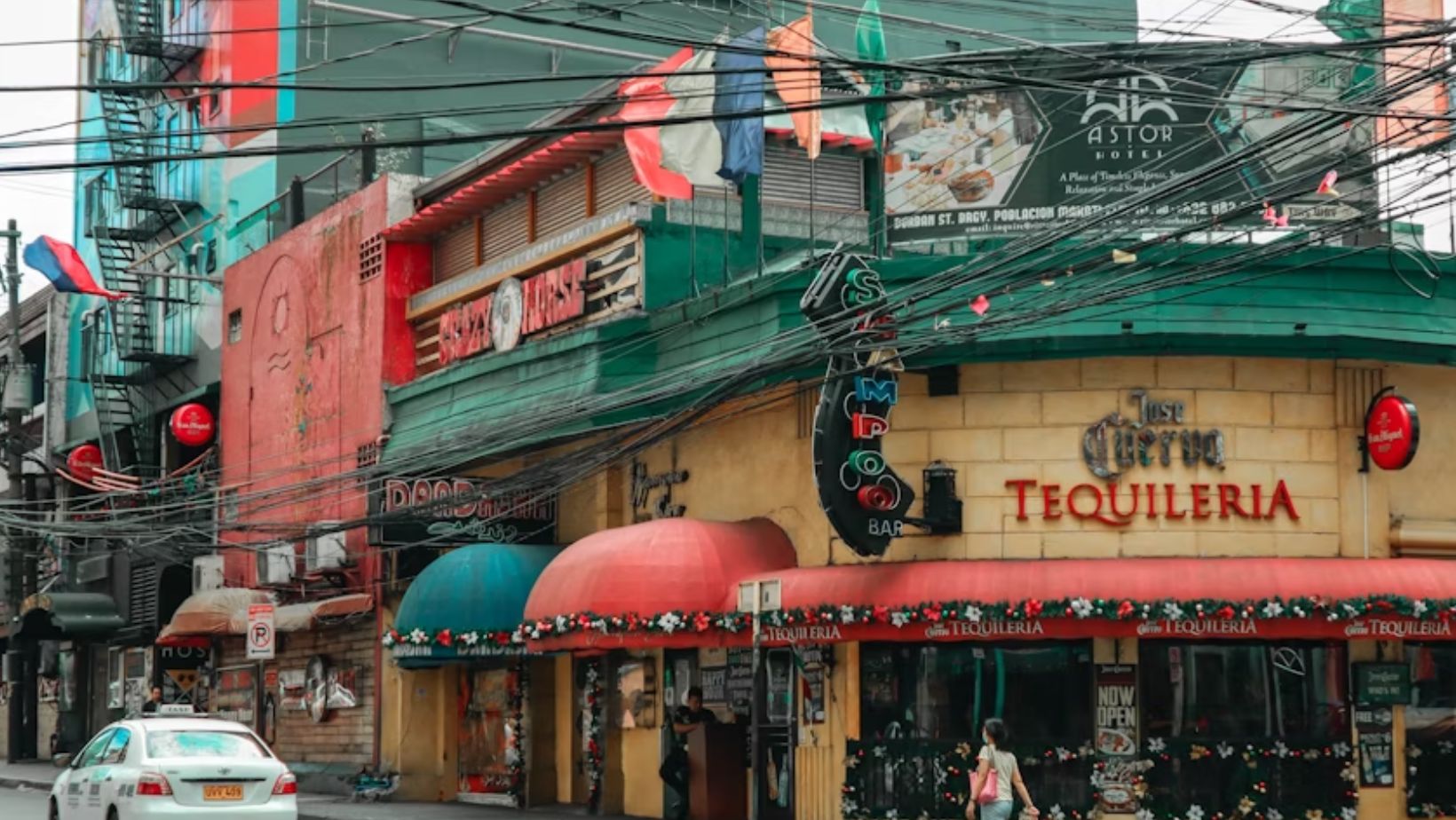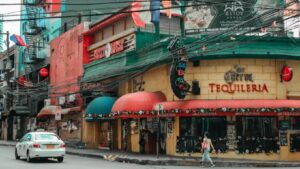Online gambling is one of the rapidly growing industries in the Philippines. Within a few years, the proliferation of smartphones and e-wallets has turned what had been an informal betting practice into one on a national scale. Almost fifty percent of Filipinos of working age now place bets on slot machine or basketball games or even carnival sides using mobile applications. This abrupt explosion posed a paradox to the policymakers: either accept the billions of dollars of state revenues or address the emerging health issues manifesting themselves on the national level.
It is not only the nightlife in Manila that was transformed by the boom, it has changed rural communities as well. Bus drivers, students on their way to classes, even vendors on the market use hours staring at their screens, following bets. Gambling to others is intended as a light entertainment but to other gamers it rapidly turns into a debt pile. Yabby Casino Online is one such platform in this expanding ecosystem that shows how much betting has permeated day-to-day activities. The unanswered question is how much control should the state have when it benefits the most in the growth too?
Table of Contents
ToggleA Nation Drawn to the Screens
Gambling has been a tradition of Filipino culture, and it started in cockfighting rings and fiesta card tables, all the way up to decades of casino resorts defining night life. However, the pandemic put everything to a different stage: online. As physical casinos were closed and countries were under lockdown, the digital platforms had become the answer. This fast adoption was spurred by several drivers:
1. Betting app celebrities and influencers campaigns.
2. Padrella sponsorship agreements with national basketball tournaments and pageants.
3. Integration with popular payment systems including GCash and Maya.
These strategies expanded the influence far beyond the urban cities. Within a span of less than ten years, online gamblers increased to over 30 million against just half a million.
Revenue vs. Responsibility
The Philippine Amusement and Gaming Corporation (Pagcor) occupies an unusual status: it is a regulator and an operator. It approves corporations, regulates but also operates its own casino. By 2025, the total license fees will have reached 1 billion, placing Pagcor as the second greatest generator of revenue by the state, other than the Land Bank. In this year, the gambling revenue online has even overtaken the physical casinos, which has been the case earlier.
Critics state that this dual role introduces conflict of interest. Why would an agency that heavily relies on betting revenue be aggressive in restricting the activity that supports it? Political leaders are seemingly divided. President Ferdinand Marcos Jr. has acknowledged that the social costs are high but is opposed to the complete ban, citing that underground operators would soon move in and that the next generation would grow up with gambling apps in their pockets..
The Human Cost
The bright revenue numbers are a backdrop of millions of personal hardships. There are rumors of students spending tuition funds on fire, workers being left in higher debt than they earn, and families left with debts to pay. The younger and low-income individuals are seeking help at a high rate that is reported by the counselors in Manila.

Mobile betting easiness contributes to the fire. Bets as low as a few cents can get one into the game, but little bets add up fast and losses accumulate.
To make it more difficult is the tug of hope. To most Filipinos, who survive on less than two dollars a day, gambling is one of the few conceivable escapes out of poverty even when the stakes are too obvious.
Warning to Other Nations
The Philippine experience is attracting worldwide interest. Countries like Brazil are becoming receptive to the idea of digital gambling as they hope to find a new source of revenue, but Manila provides a cautionary tale: once a government depends heavily on betting tax, then addressing the issue of addiction becomes not only politically unpopular, but also economically challenging. The Philippines has escalated to the second-largest gambling center in Asia after Macau, surpassing Singapore in size in less than ten years.
The balancing act is faced by other nations considering legalization. An excess of regulation will lead to the flood of addiction; the lack of regulation will leave a vacuum that the unlicensed operators will rush to fill.
Where Things Stand Now
Online casinos are finding billboards that were being used to advertise their products disappearing in Manila skies courtesy of direct government orders. Meanwhile, financial institutions and technology-focused enterprises are under increasing pressure to halt their operations with betting apps.
In the meantime, the virtual gambling machine is not stopping. Operators record growing profits, stock prices increase, and every day new users register. In parallel with that increase, helplines and community forums become crowded with cases of individuals who were buried in debt.





